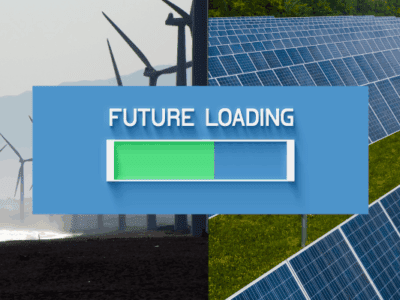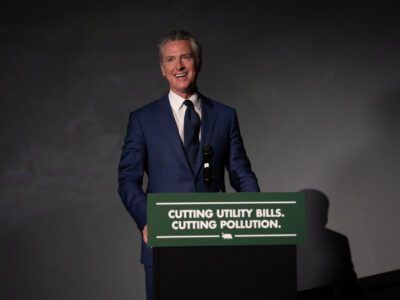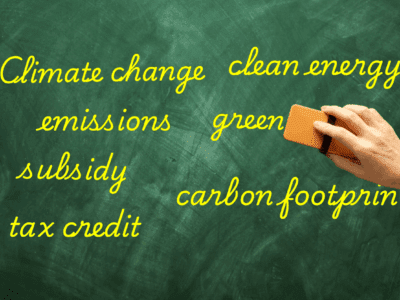EPA report on US greenhouse gas emissions and sinks may not tell the whole story
Under the United Nations Framework Convention on Climate Change (UNFCC), the international agreement that resulted in the Kyoto Protocol and that will convene a new round of talks in Copenhagen later this year, the U.S. is required to report comprehensively each year on U.S.-based emissions of greenhouse gases and on GHG sinks in the U.S. The U.S. EPA released the report with data and analysis through 2007 today. The report is voluminous and contains a wealth of information about the contributions of various sectors of the U.S. economy to climate change-causing greenhouse gas emissions – a necessary step if we are to plan rationally reduce those emissions. But there are important U.S.-based consumption trends not captured by these data, as we now import more and more products whose GHG emissions are attributed to the country where they were manufactured.
According to the report’s Executive Summary (at pp. 3-4):
In 2007, total U.S. greenhouse gas emissions were 7,150.1 Tg CO
2 Eq. Overall, total U.S. emissions have risen by 17 percent from 1990 to 2007. Emissions rose from 2006 to 2007, increasing by 1.4 percent (99.0 Tg CO2
Eq.).
The following factors were primary contributors to this increase: (1) cooler winter and warmer summer conditions in 2007 than in 2006 increased the demand for heating fuels and contributed to the increase in the demand for electricity, (2) increased consumption of fossil fuels to generate electricity and (3) a significant decrease (14.2 percent) in hydropower generation used to meet this demand.
I have not read deeply into the report yet, but the significant increase from 1990 levels is sobering. (California has performed its own emissions inventory, but given my unfamiliarity with the methodological details, I won’t try to compare the two or to draw any conclusions here about their relationship.) The report does make painfully clear how much we rely on burning fossil fuels as an energy source. (It may be, however, the the year-to-year growth in emissions will lag for 2008 and 2009, given the state of our economy and the correlation of some of the drivers of these numbers with economic activity.)
But I can’t help but wonder about some trends not captured at all in this analysis. In particular, these data tell us nothing about how much our consumption of foreign-made products has driven GHG emissions in the products’ countries of origin – for example, the cheap plastic knick-knacks from China and other countries that are ubiquitous as party favors from childrens’ birthday parties, and as giveaways in pediatric dentists’ offices, in Los Angeles (see, e.g., this). The EPA figures just don’t measure the consequences of our consumer choices; rather, they track only the GHGs generated in the U.S., which means, broadly, GHGs generated by our domestic industrial and agricultural output and our residential and transportation-related consumption. That doesn’t make these numbers irrelevant, or even misleading, as the emissions analyzed by EPA are those that the U.S. government theoretically has the most power to regulate or control. But we surely have to look at other data and analyze it in other ways in order to truly understand and address our national contribution to climate change. We may find that much of our contribution to the problem is shifting off of U.S. soil and that it will have to be addressed in other ways.
Reader Comments
One Reply to “EPA report on US greenhouse gas emissions and sinks may not tell the whole story”
Comments are closed.







It is unclear to me whether the EPA ruled this because greenhouse gases cause global warming, which is harmful, or if the greenhouse gases themselves are harmful for humans to inhale. If the reasoning is the former, then they should not only monitor emissions from us factories, but also estimate the emissions on imported products and fine those accordingly. If this were the case, independent monitoring groups would have to certify the factories overseas for US importers.